The British Virgin Islands (BVI) is a popular offshore jurisdiction for conducting international business.
One such measure is the introduction of a regulatory framework that regulates the Virtual Asset Service Provider ("VASP").
Після заповнення форми ми допоможемо з вибором компанії, ліцензії, рахунку та юридичним супроводом. Залиште контакт для зв’язку.
Ми не передаємо ваші дані третім особам
June / 13 / 2023
|
15 m. to read


The British Virgin Islands (BVI) is a popular offshore jurisdiction for conducting international business.
One such measure is the introduction of a regulatory framework that regulates the Virtual Asset Service Provider ("VASP").
It is designed to regulate activities related to virtual assets, including cryptocurrencies, to prevent their use for illicit activities. In this article, we look at the VASP regulatory framework in the BVI, including its scope, requirements and impact on the virtual asset industry in that jurisdiction.
The Virtual Assets Service Providers Act, 2022 (“VASP Act”), which came into force on 1 February 2023, created a new legal framework for the registration and supervision of persons engaged in the business of providing “virtual asset services” (VASP business).
Thus, the act provides that “VASP” means a virtual asset service provider who provides, as a business, a virtual assets service and is registered under this Act to conduct one or more of the following activities or operations for or on behalf of another person:
In addition, there is a list of activities that do not fall within the scope of the VASP:
It is important to note that if a legal entity is issuing tokens in its own name, i.e. conducting its own trading, it is unlikely to qualify as a VASP.
For those who were already carrying on a VASP business before the Act came into force, there is an exemption clause. It allows such persons to continue to do business without registering with the Financial Services Commission (“FSC”) – provided that an application for registration is made within 6 months of the Act coming into force. Therefore, as the Act came into force on February 1, 2023, the deadline for applications for registration for existing businesses is July 31, 2023.
The BVI expanded the definition of “relevant person” to include VASPs and expanded the definition of “relevant business” to include a virtual asset conduct or service business where the transaction involves virtual assets valued at USD 1,000 or more, in line with the provisions of the money laundering legislation. VASPs are required to comply with the AML (Anti Money Laundering) regime in the BVI from December 1, 2022, in accordance with the amendments to the previously mentioned laws.
Specifically, a VASP must maintain customer identification procedures, keep records of KYC (“know your customer”) processes and suspicious transactions, set up internal procedures for reporting suspicious transactions, and have internal controls and communication procedures that are suitable for anti-money laundering and prevention purposes.
VASPs are also required to appoint a Money Laundering Reporting Officer (MLRO) and ensure that staff are properly trained on their obligations.
Lastly, VASPs must comply with the new “travel rule” in relation to virtual asset transfers, which means that VASPs that are senders and receivers will be required to obtain, verify and store full originator and beneficiary information on each virtual asset transfer before the transaction is executed or accepted. Intermediary VASPs have separate obligations requiring them to ensure that all information is complete and to identify any missing or incomplete information.
It is required to register as a VASP with the FSC by application by an authorized representative, legal counsel, or other local service providers, such as registered agents, if a person wishes to conduct virtual asset service activities in or from the BVI in one or more of the following categories:
(a) to carry on the business of providing virtual asset services;
(b) conduct a virtual asset service business; and
(c) operating a virtual asset exchange.
The application must provide the following information (Application form):
If the Commission approves an application for registration, it shall:
(a) register the applicant and issue a certificate of registration in such form as it thinks fit; and
(b) may impose such conditions on the registration as it thinks fit.
If it does not approve an application for registration as a VASP, then FSC has an obligation to inform the applicant in writing of this, stating the reason for refusal.
The FSC in the BVI FSC Guidance on Application for Registration of VASPs has committed to provide initial comments on the submitted application within 6 weeks of submission and to complete the application process within 6 months of submission.
The requirements for registered VASPs are:
A VASP will also be able to participate in the regulatory sandbox of the FSC, (governed by the Financial Services Regulations 2020) if it wishes to provide virtual asset services and innovative fintech services (Part V VASP Act).
The FSC has extensive powers to supervise VASPs and there are penalties or fines of up to US$100,000 and/or 5 years imprisonment for violations of the law. The full list can be found in Schedule, Section 46.
Under the provisions of the specified Act, it can be clearly deduced how the regulation of the virtual asset business in the BVI will take place. In this regard, if your business is currently conducted or you intend to provide virtual asset services in or from the BVI, make sure that you have analyzed your business and seek professional advice from Manimama to meet new compliance requirements .
The content of this article is intended to provide a general guide to the subject matter, not to be considered as a legal consultation.
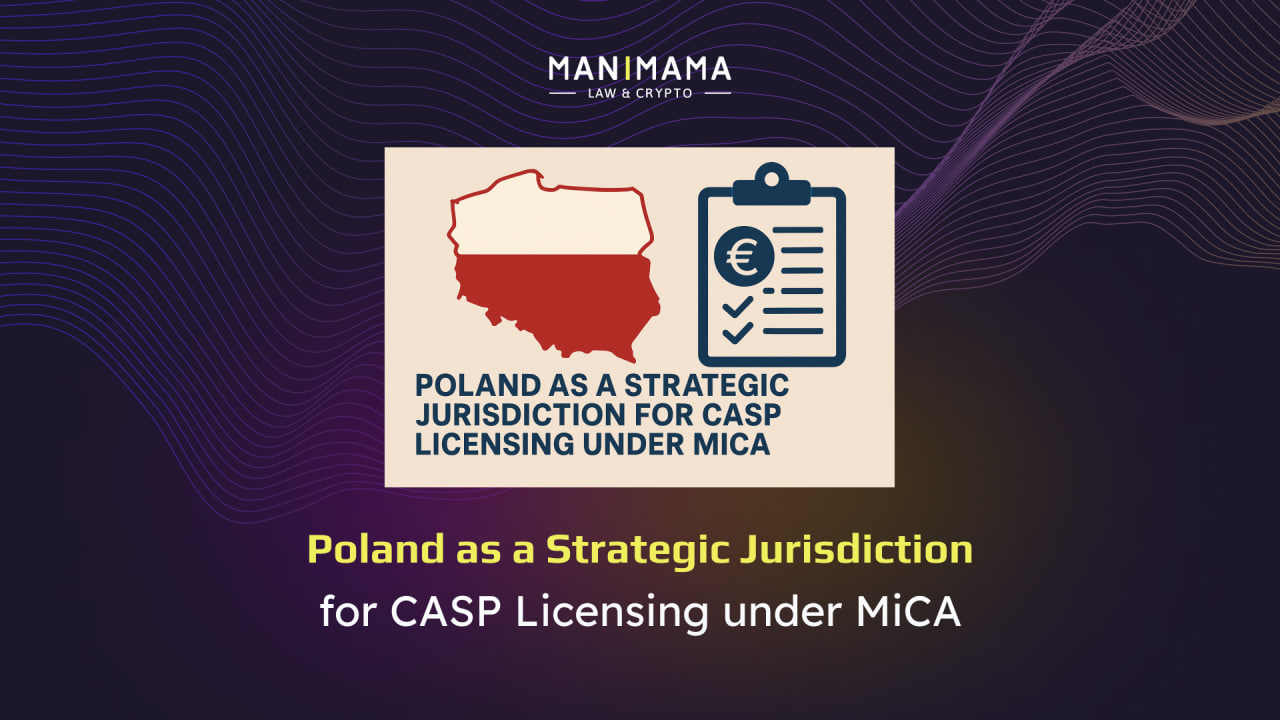
April / 23 / 2025
|
15 m. to read
Go To New


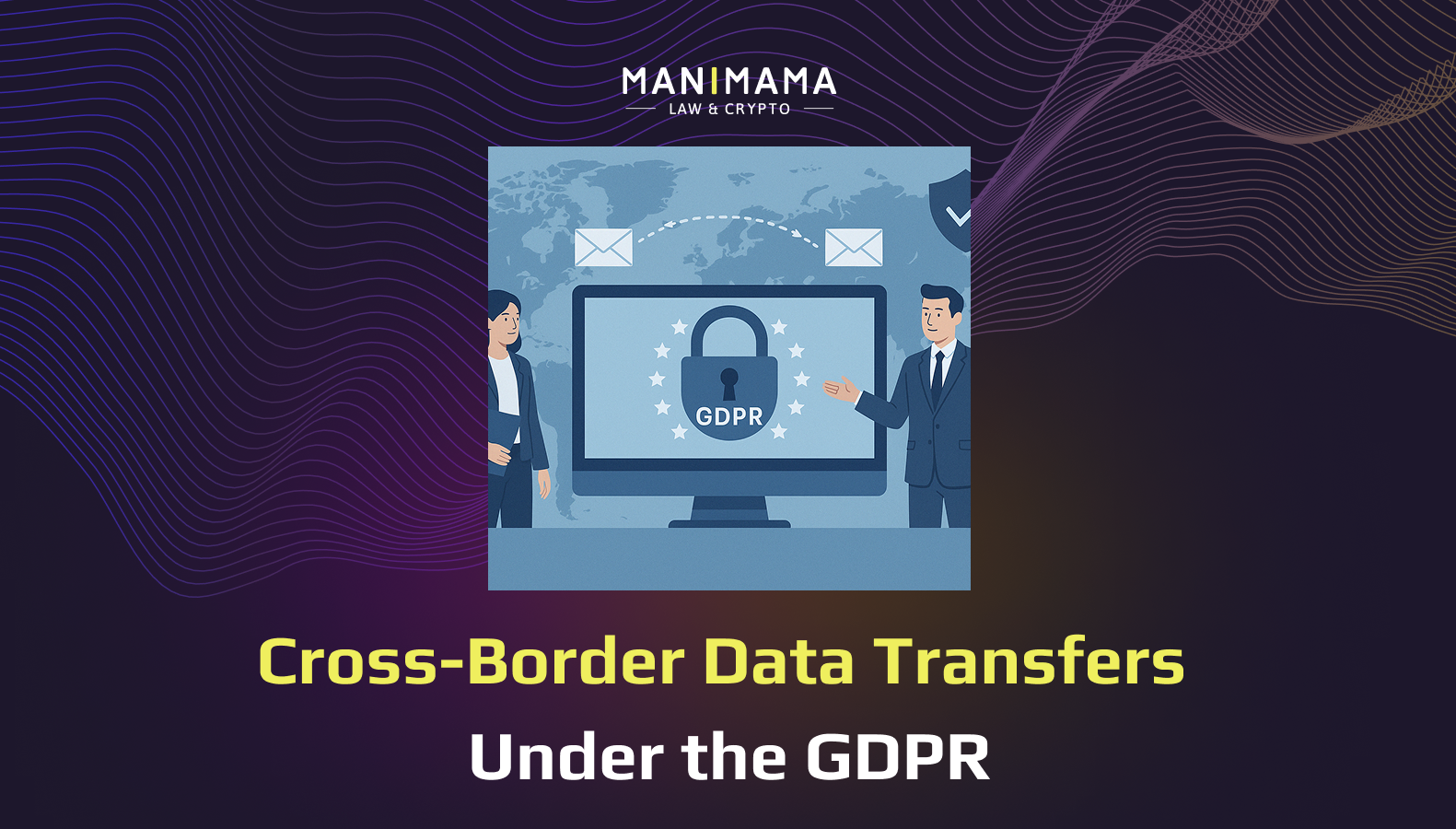
April / 22 / 2025
|
15 m. to read
Go To New


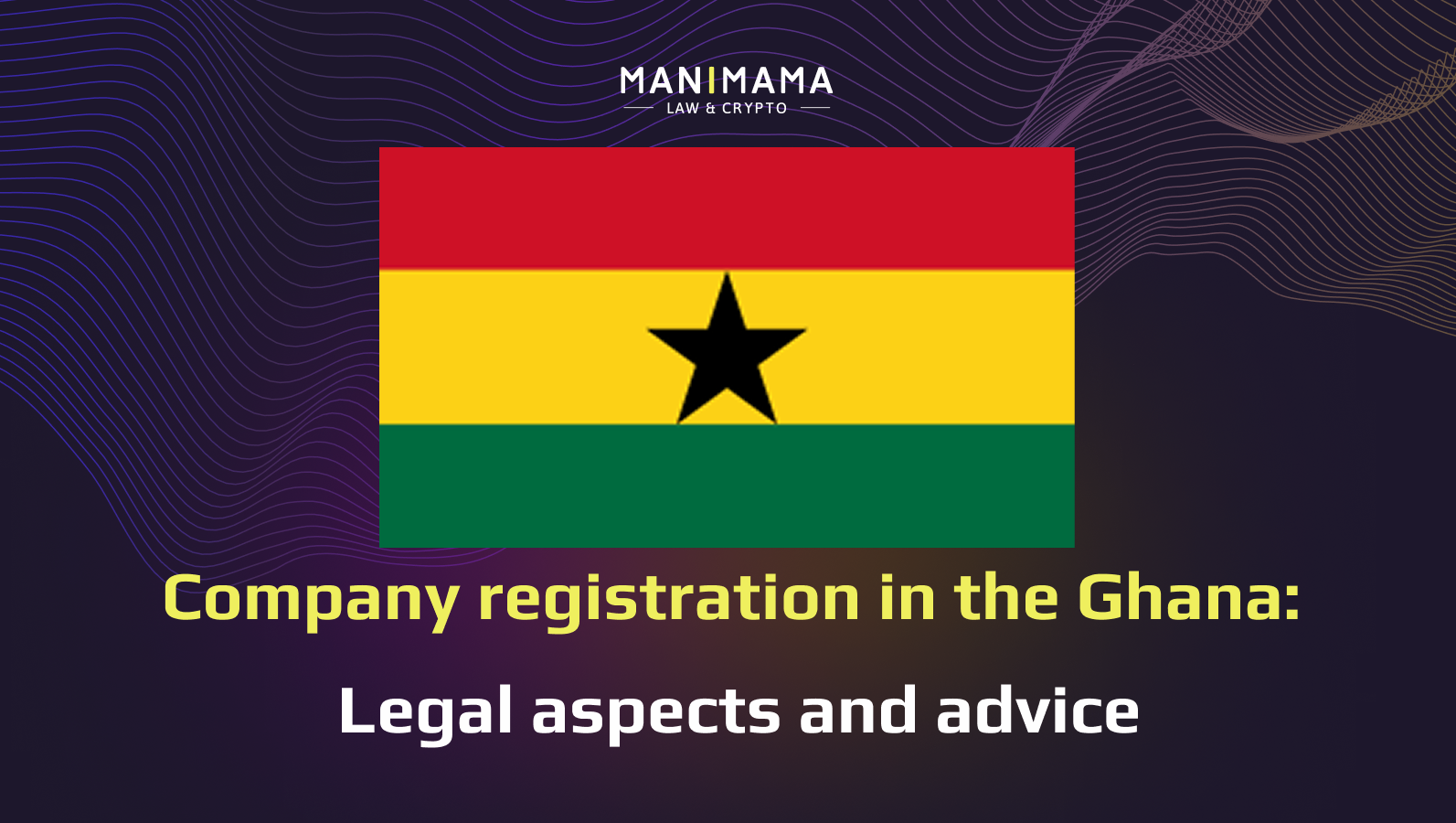
April / 18 / 2025
|
15 m. to read
Go To New


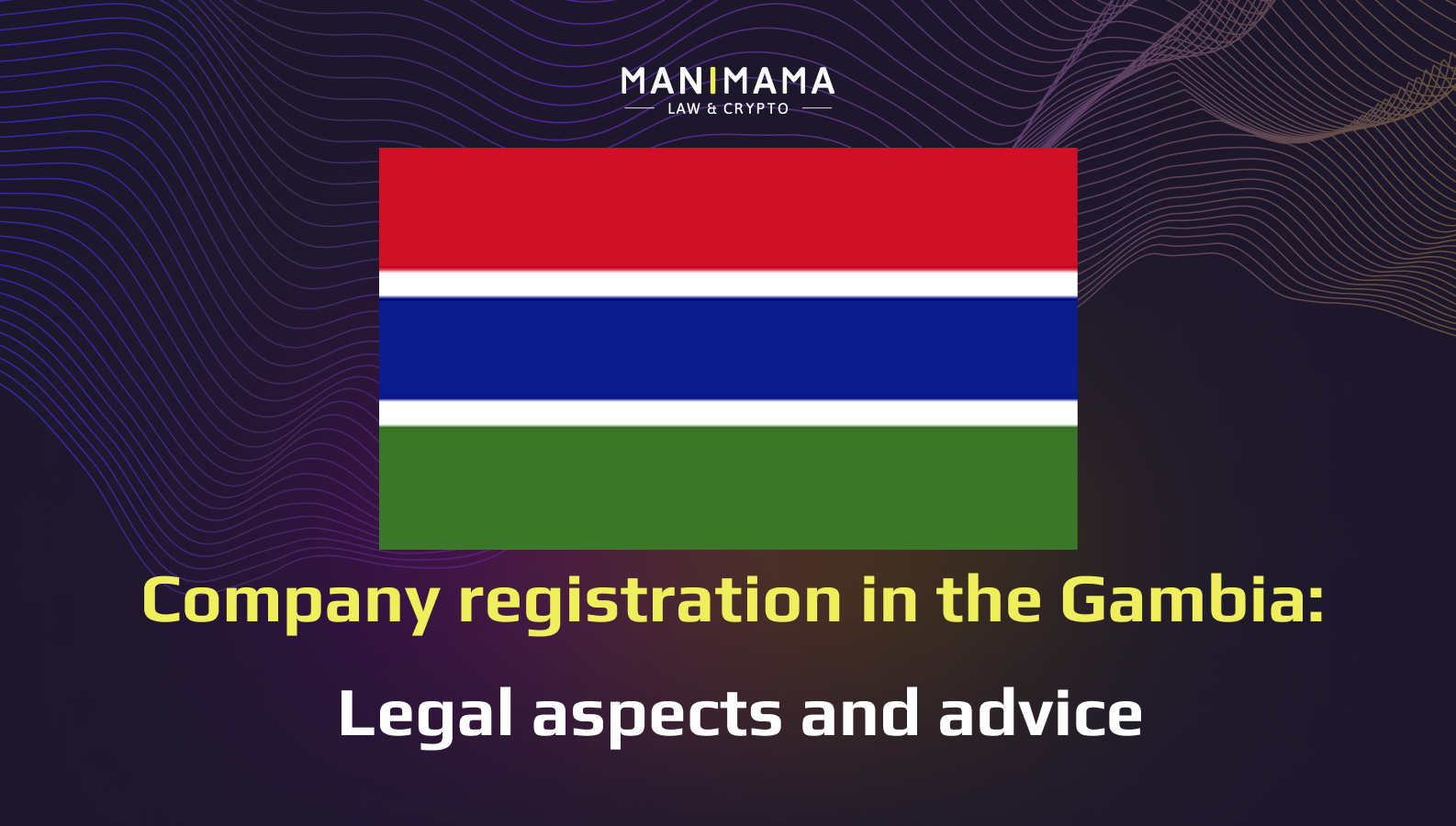
April / 18 / 2025
|
15 m. to read
Go To New


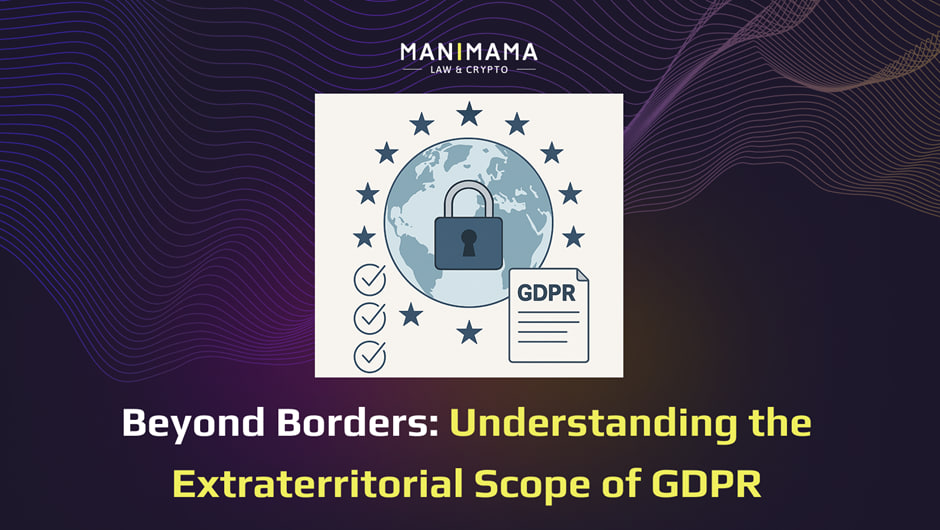
April / 17 / 2025
|
15 m. to read
Go To New





Share your vision. We'll create a legal framework tailored to bring it to life
Tokenization
Tokenization
Licensing
Incorporation
MiCA
By clicking the button, I confirm that I have read the privacy policy and consent to the collection and processing of my personal data in accordance with the GDPR rules.